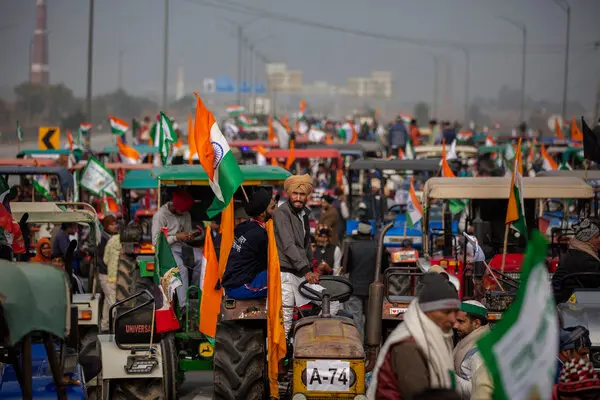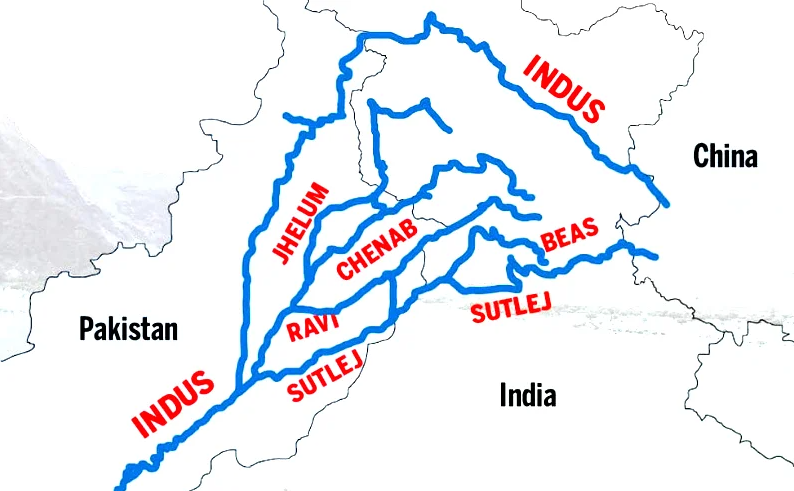India witnessed widespread disruptions today as various organizations across the country called for a Bharat Bandh in solidarity with the ongoing protests by farmers, particularly from Punjab and Haryana. The demonstrations, which have been ongoing for several months, are against the contentious agricultural laws passed by the government.
Nationwide Solidarity:
The Bharat Bandh, meaning “India Shutdown,” saw significant participation from trade unions, student groups, and political parties, amplifying the farmers’ demands and highlighting the widespread discontent over the agricultural reforms. Major cities and towns witnessed disruptions to transportation, businesses, and essential services as demonstrators took to the streets to voice their support for the protesting farmers.
Punjab Farmers’ Protests:
The heart of the protests lies in Punjab, where farmers have been staging sit-ins and blockades for months. The farmers are demanding the repeal of three farm laws enacted by the central government last year, which they argue will deregulate agricultural markets and leave them vulnerable to exploitation by corporations.
Contentious Agricultural Laws:
The three contentious laws—The Farmers’ Produce Trade and Commerce (Promotion and Facilitation) Act, The Farmers (Empowerment and Protection) Agreement on Price Assurance and Farm Services Act, and The Essential Commodities (Amendment) Act—aim to liberalize India’s agricultural sector by allowing farmers to sell their produce outside government-regulated markets and enter into contracts with agribusiness firms.
Farmer Concerns and Government Response:
However, farmers fear that the new laws will lead to the dismantling of the traditional agricultural procurement system, leaving them at the mercy of corporate buyers and undermining their livelihoods. Despite holding several rounds of talks between the government and farmer unions, they have not resolved, resulting in a deadlock in negotiations.
Impact of Bharat Bandh:
The Bharat Bandh had a significant impact on daily life, with disruptions reported in transportation, banking services, and commercial activities across the country. Markets remained closed, and public transport services were affected as protesters staged sit-ins and blockades on roads and highways in various states.
Government Response and Future Outlook:
The Indian government has maintained that it aims to modernize the agricultural sector and empower farmers through the agricultural laws, which it considers essential reforms. However, with widespread protests and growing public support for the farmers’ cause, the government faces mounting pressure to address the grievances and find a mutually acceptable solution to the impasse.
As the Bharat Bandh and Punjab farmers’ protests continue to gather momentum, they underscore the deep-rooted concerns and grievances within India’s agricultural community. The widespread solidarity demonstrations highlight the urgency of addressing farmers’ demands and finding a resolution to the ongoing crisis. As the nation grapples with the implications of the agricultural reforms, the dialogue between the government and farmers remains crucial in charting a path forward that ensures the welfare and prosperity of India’s agricultural community.







































